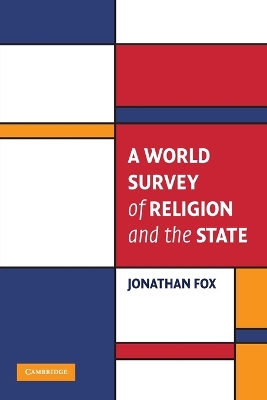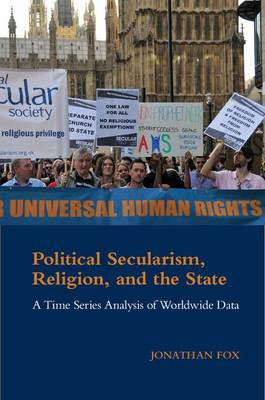Cambridge Studies in Social Theory, Religion and Politics
3 total works
This book delves into the extent of government involvement in religion between 1990 and 2002 using both quantitative and qualitative methodology. The study is based on the Religion and State dataset, which includes 175 governments across the globe, all of which are addressed individually in this book. The forms of involvement examined in this study include whether the government has an official religion, whether some religions are given preferential treatment, religious discrimination against minority religion, government regulation of the majority religion, and religious legislation. The study shows that government involvement in religion is ubiquitous, that it increased significantly during this period, and that only a minority of states, including a minority of democracies, have separation of religion and state. These findings contradict the predictions of religion's reduced public significance found in modernization and secularization theory. The findings also demonstrate that state religious monopolies are linked to reduced religious participation.
This book examines 111 types of state religion policy in 177 countries between 1990 and 2008. Jonathan Fox argues that policy is largely a result of the competition between political secular actors and religious actors, both of which try to influence state religion policy. While there are other factors that influence state religion policy and both the secular and religious camps are divided, Fox offers that the secular-religious competition perspective provides critical insight into the nature of religious politics across the globe. While many states have both increased and decreased their involvement in religion, Fox demonstrates that states which have become more involved in religion are far more common.
World Survey of Religion and the State, A. Cambridge Studies in Social Theory, Religion, and Politics.
by Jonathan Fox
Published 1 January 2008


